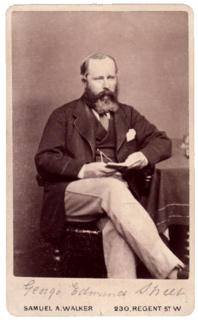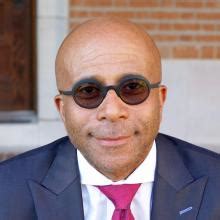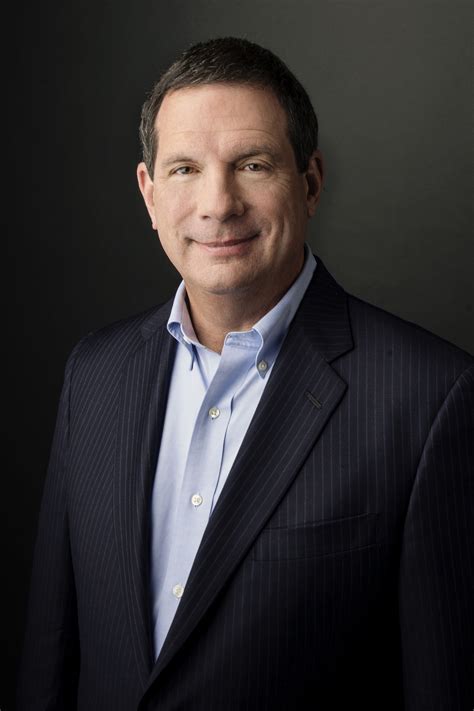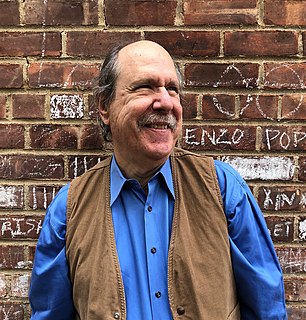A Quote by Ezra Hall Gillett
The closing period of the fifteenth century witnessed the slow but sure increase of the churches of the Brethren. Although far from being unmolested, they yet enjoyed comparative rest. At the commencement of the sixteenth century their churches numbered two hundred in Bohemia and Moravia.
Related Quotes
Often the Jesus-focused churches are leaning towards a 'social gospel' interpretation of the kingdom, and the 'Paul' churches are talking about being saved from sin and going to heaven. But when we understand both Jesus and Paul in their historical contexts within the first-century Jewish world, the issues become both more complex and ultimately (I believe) more clear.
The churches that are growing and thriving are churches that I would call evangelical and orthodox for the most part in their beliefs. They are churches that tend to evangelize ... and encourage their people to share their faith. These are the churches that are actually growing. The ones that are shrinking are the ones that are compromising and watering down what the word of God says.
Churches can easily bring together, in a short period of time, a substantial number of people, and politicians have to assume that these folks have the potential to vote. Although there's supposed to be a separation of church and state, they want to go to these churches to say hello to the people, and they assume their hello might turn into votes.
If outside forces and culture were the reasons behind declining and non-influential churches, we would likely have no churches today. The greatest periods of growth, particularly the first-century growth, took place in adversarial cultures. We are not hindered by external forces; we are hindered by our own lack of commitment and selflessness.
Sometimes people have said that Islam, in its own calendar, is still only in the Middle Ages. It's still in the fifteenth century or whatever. And Christianity in the fifteenth century, after all, was full of inquisitions and burnings at the stake, and so on and so on. So give Islam time, and it will reach the point of maturity that other religions have. But Mormonism is much younger than Islam, and it's got there already. So I don't think that's an argument that works.
I firmly believe that we who are alive and can think today-in the closing years of the 20th century-have a commitment to our species to make sure that the flicker of movement we have thus managed in space stays sufficiently kindled so that the people of the 21st century can build upon and extend the human abode from Earth to the cosmos beyond.

































